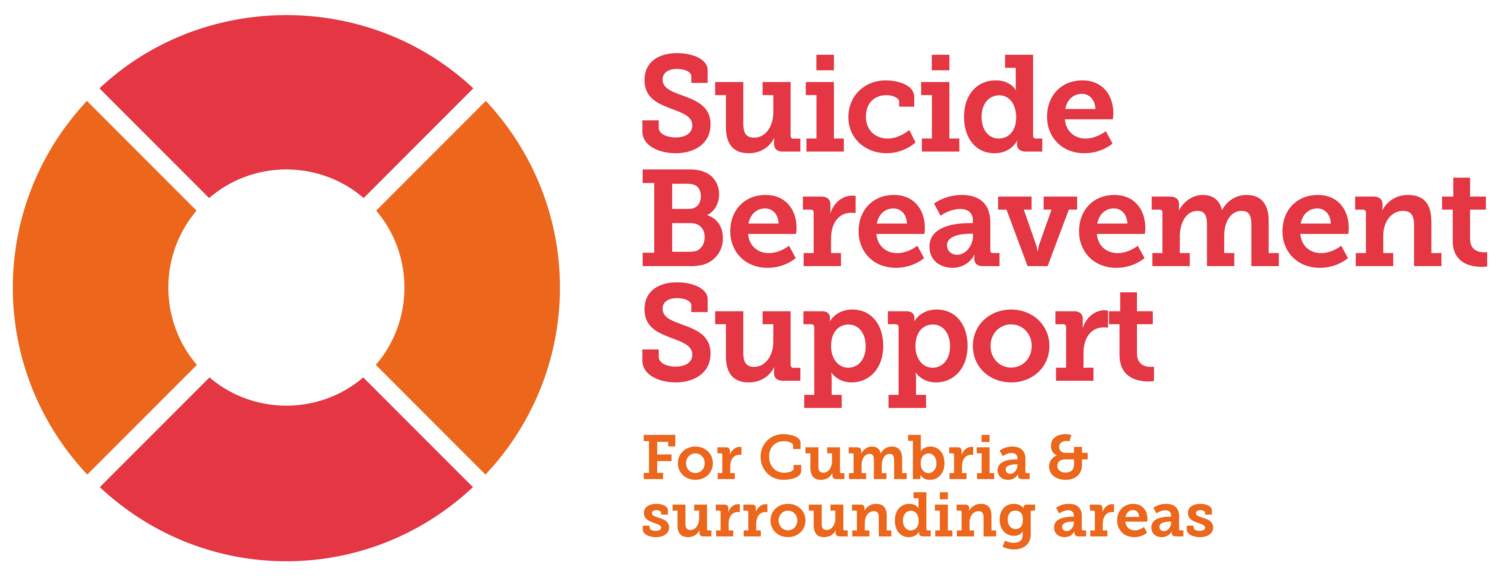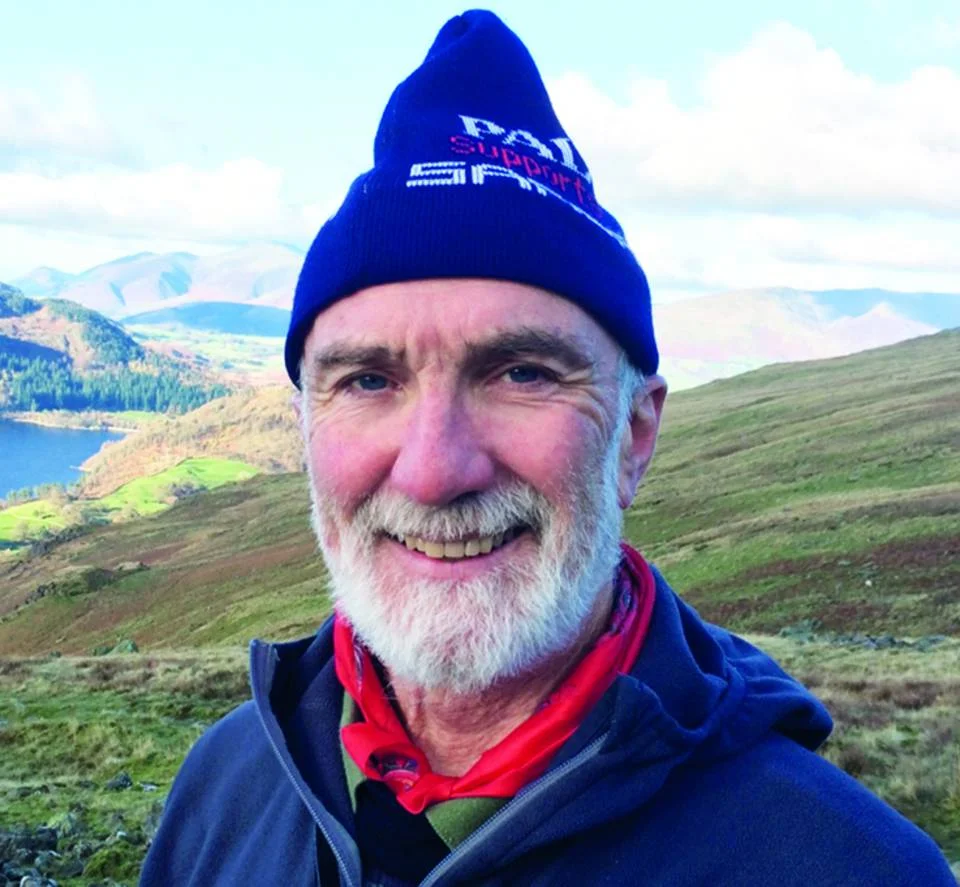“My instinct is always to get involved. We need more of that”
/This blog is extracted from the Cumberland & Westmorland Herald published on 20 August 2019.
THE Herald’s #notalone campaign aims to make talking about our mental health commonplace and give people the courage to say when they are suffering, without fear of judgement. Here, John Brown, whose father killed himself 26 years ago, talks about how those who are left behind are often at risk of suicide themselves.
John Brown
He was a respected GP and a man who was extremely popular with his patients, but, at the age of 70, Mac Brown took his own life.
As someone who suffered from what was then still called manic depression (bipolar disorder), he had been hit hard by the death of his wife, which took place very soon after his retirement.
More than 25 years later, his son, John Brown, of Stainton, helped set up a charity aimed at helping the families who are left behind.
Mr Brown, who has a background in social care, set up Cumbria branch of the national charity SOBS (Survivors of Bereavement by Suicide) 10 years ago after a colleague in the NHS suggested his background and personal experience of suicide made him the ideal candidate for the task.
When it centralised fundraising last year, the local steering group split and created Suicide Bereavement Support Cumbria, which received its charity registration status this week. It now guarantees that money raised in Cumbria goes to help families in the county.
For John, who is its chief officer, talking about suicide openly is one of the key ways in which we can combat it. Asking someone if they are considering taking their own life might seem like the ultimate taboo, but John says that posing that very question could actually save a life.
“It’s as if people are worried that if you say to someone ‘are you considering taking your life?’, you’re going to encourage them to do it,” he said. “If someone is not suicidal, you’re not going to inspire them to become suicidal. But if they are, talking to them might just help.”
John also helped set up the Suicide Safer Eden group a decade ago after the death of a family friend. He later learned that a stranger who witnessed the suicide had been worried about him, but did not want to pry or give him unwanted attention.
John wants people to feel able to approach a stranger or ask about their friends’ and relatives’ mental health and not shy away from asking if they are feeling suicidal.
He said: “Suicide and suicide prevention is not an issue for professionals. It’s OK to say ‘are you ok?’. Maybe it’s my social care background, but I instinctively need to ask. My instinct is always to get involved. We need more of that.”
Each year in the UK, more than 6,000 people take their own life, each suicide leaving a devastating and lasting impact on families, friends and communities. Families are often left shocked and confused, because they did not know their relative was suicidal.
John equates this to a card of savings stamps, where people have to fill the card to achieve the saving. Problems in people’s lives can build in the same way, to the point where it does not take a major event to tip someone over the edge.
“For some people who take their lives, something happens that you don’t think anything of, but it just happens, for them, to be the last stamp in their book,” he explained.
In Cumbria, the equivalent of one person every week is lost to suicide. However, those bereaved by suicide often become at risk of suicide themselves. Faced with a sudden, often unexpected and sometimes violent death, people who have been bereaved experience a complex grief which typically includes strong feelings of guilt, self-reproach and questioning.
Many feel ashamed and there is a discomfort and stigma associated with suicide which means people often don’t talk about it.
“Those bereaved by suicide often feel isolated at a time when they are hurting, suffering mental anguish and are vulnerable themselves to thoughts of suicide,” said John. “Even those fortunate enough to have strong support networks can still feel alone, unable to share their true feelings for fear of their impact on others, particularly when they are also in a caring role for others who are bereaved.
“There are thousands of people in Cumbria who have been deeply affected by suicide. The emotional, quality of life and financial impacts are long lasting and wide reaching. It is a major public health issue.”
Cumbria has its own suicide prevention leadership group, on which SBS is represented, alongside health groups, local government, police and mental health and support groups. SBS also holds regular meetings at which people can talk about how they feel about the death of their loved one or simply listen to others talk about their experiences.
All the volunteers who operate the charity have experienced a loss through suicide themselves.
John, who is married with three children, worked for Cumbria County Council for many years and was chief officer at Cumbria Deaf Association for nine years. His father lived in Wales at the time of his death.
The original article can be found here: https://www.cwherald.com/a/stories/my-instinct-is-always-to-get-involved-we-need-more-of-that.503995.html#.XV8Uvi-T8HU.




